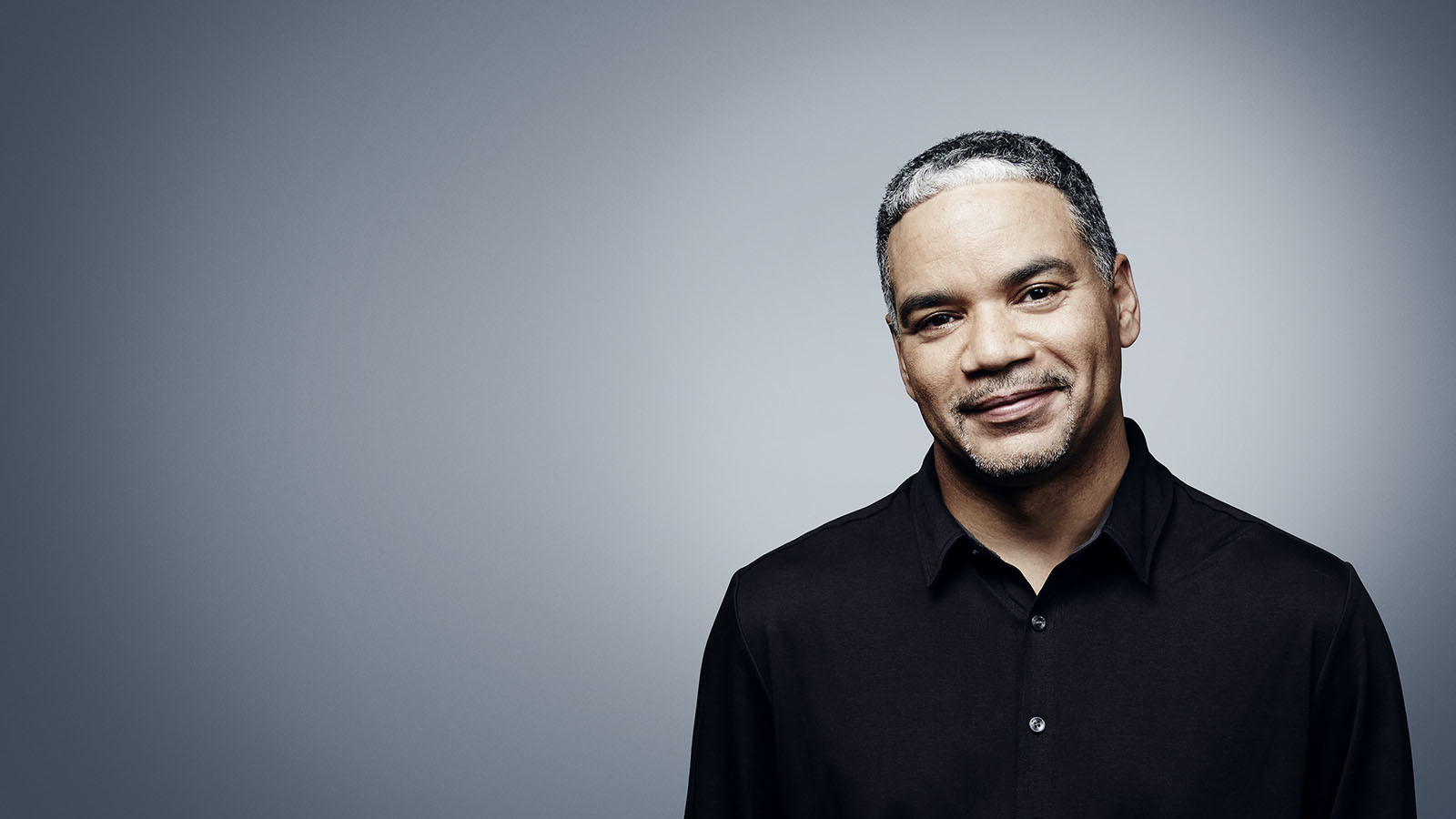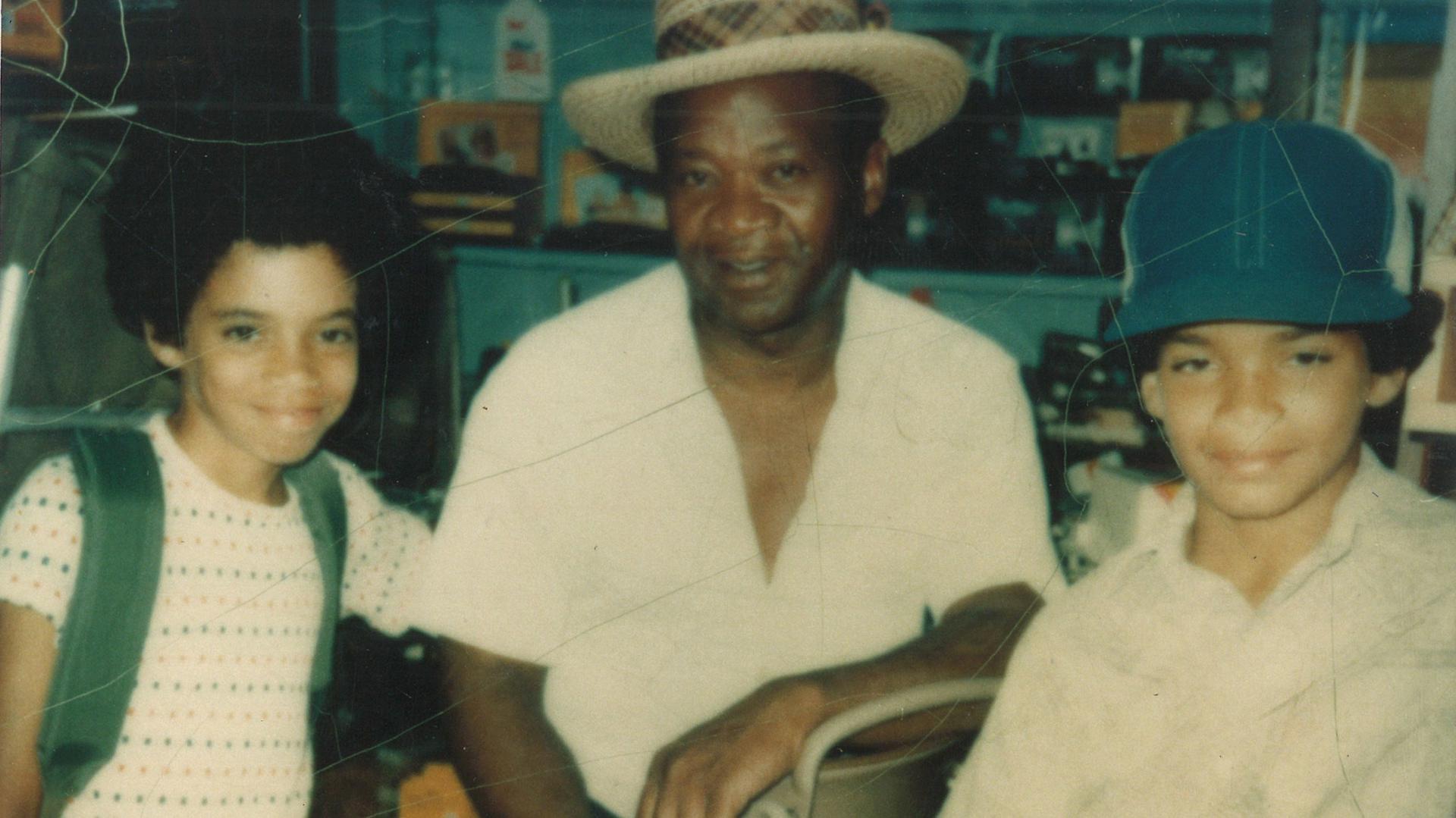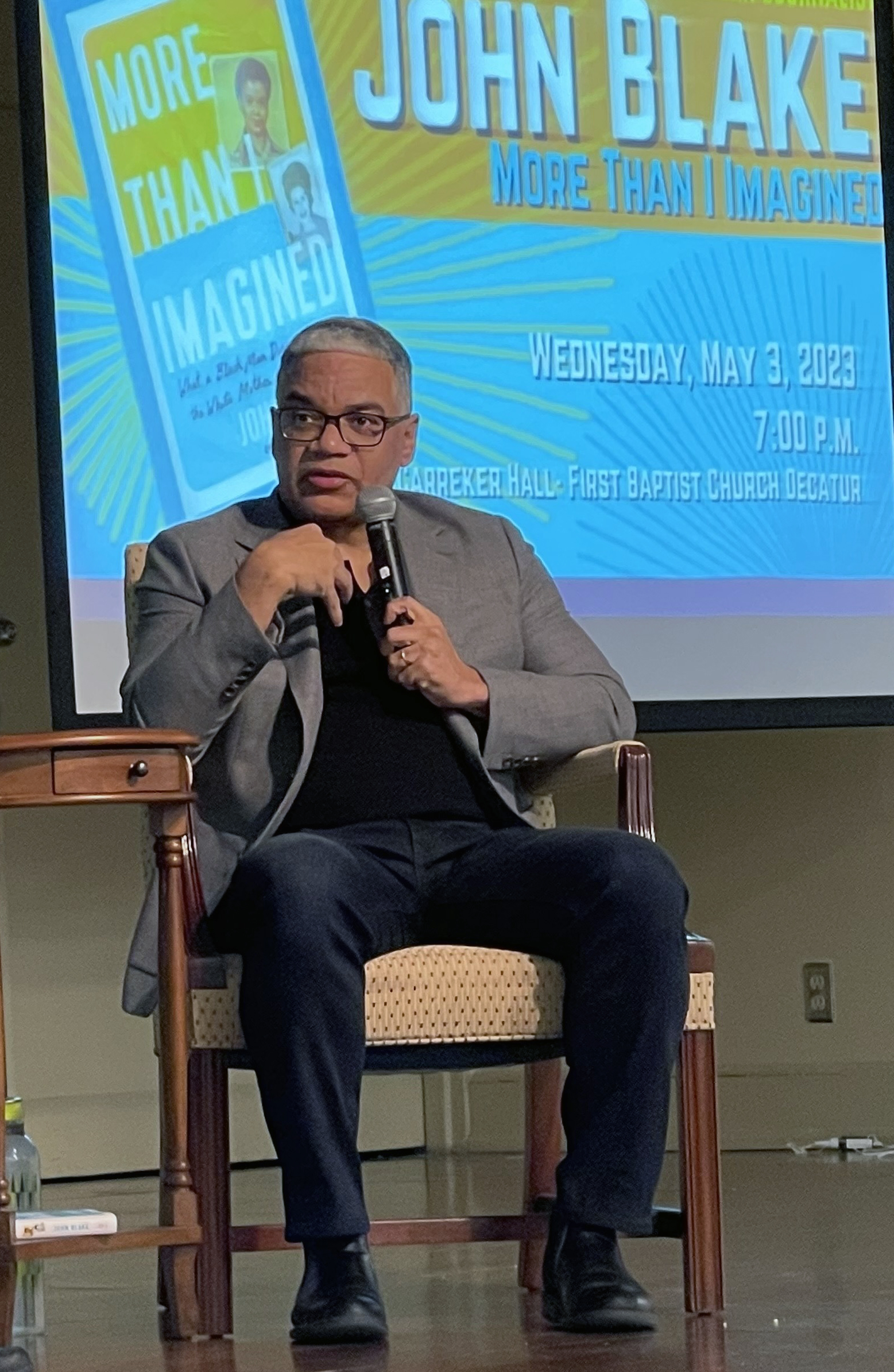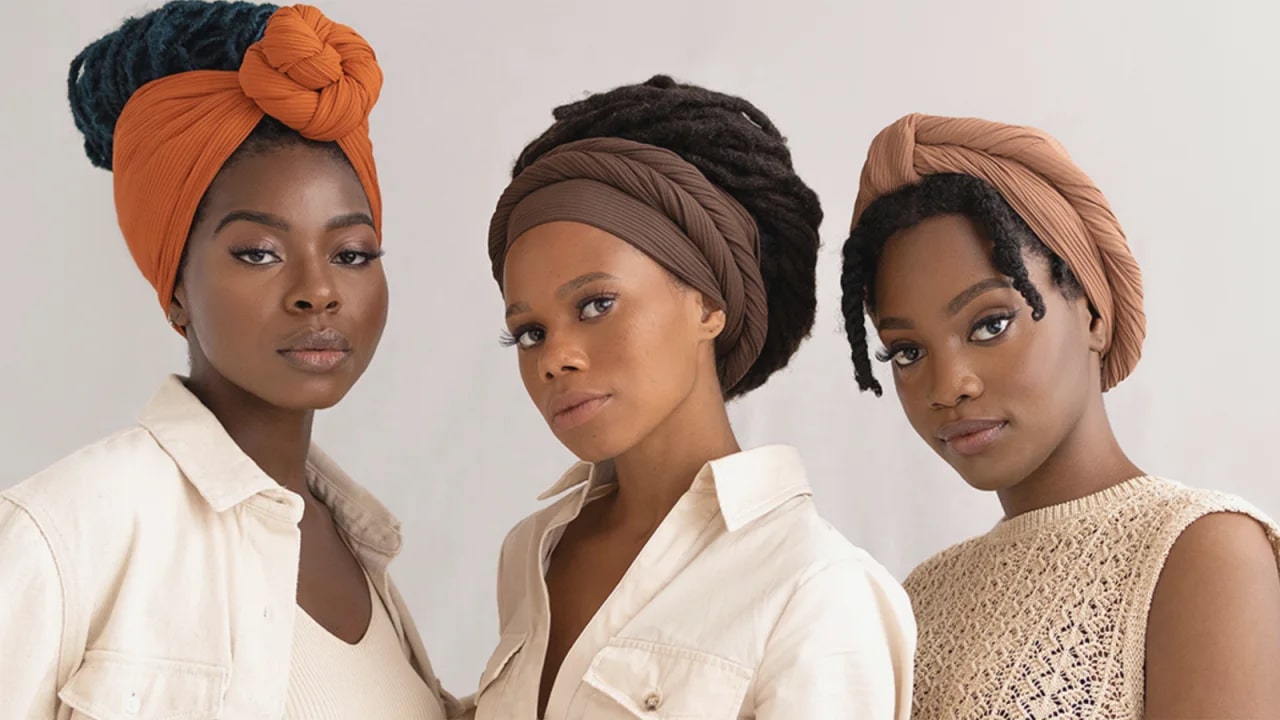An exclusive inside look with your free CNN account |
|
|
💬 A conversation with CNN's John Blake By Tricia Escobedo |
CNN's John Blake has spent 25 years reporting and writing about racial issues in America. But the story that has taught him the most about bridging those divisions was the one he kept hidden for much of his life. Blake talks about his childhood in West Baltimore in his recently released memoir "More Than I Imagined: What a Black Man Discovered About the White Mother He Never Knew." In his book, Blake explores his own personal prejudices, his quest to reconcile with his White family and what he learned during that process that he believes is key to addressing racial divisions in the United States. Read an excerpt here. Blake recently talked with Johnita Due, CNN's executive vice president of integrity and inclusion, about what inspired him to reveal his story. Below is a portion of their conversation, edited for length: John, it is so great to be able to speak to you. This book is very helpful and inspiring. What prompted you to write it? It really began at CNN when I was assigned to cover the Freddie Gray protests in Baltimore in 2015. It occurred to me that, as my neighborhood was going up in flames because of racism, the White and Black members of my family were coming together despite racism. So how did that happen? I wanted to answer that question and share some lessons from my experience that could help people be more hopeful about overcoming our racial divisions. Something that was interesting to me was how your own unconscious bias helped you forgive the biases and the prejudices of your family. Do you want to share a little bit about that? One day I went to a Lowe's home improvement store and I caught myself racially profiling a Black employee. I assumed that he was not as competent as his White colleague. As soon as I realized I had done that, I immediately thought of my Aunt Mary, my mother's sister who refused to meet with me until I was in my mid-20s because my father was Black, and I thought, "Some of what is in her, is also in me." |
|
|
A young John Blake, right, with his younger brother, Patrick, and their father, Clifton Avon Blake Sr. (Family Photo) |
I grew up in this all-Black world when nobody liked White people. She grew up in an all-White world where nobody liked Black people. We were both prisoners of how we grew up and we were trying to break free. So I reached out to her and I began to reread all these letters she had sent to me over the years. And I realized she was so much more giving, so much more complex than I realized. Our relationship came full circle one day when she finally apologized for her absence from my childhood and confessed her struggles with racism. We're extremely close today. The person I first saw as a racist ended up teaching me lessons about empathy and forgiveness. In your book, you touch on the social psychology of race relations. Talk to me a little bit about "contact theory." One of the 20th century's greatest psychologists, Gordon Allport, wrote a book called "The Nature of Prejudice," where he demonstrated that racism and bigotry is something that can be overcome. He proved that if you bring together White, Black and brown people under certain conditions, racial prejudice will decline. What I tried to show in my book is that I inadvertently stumbled onto those conditions in integrated churches and other interracial environments — and that really helped me get over the hostility I felt toward White people. It also changed the White people I was involved with. Contact theory to me is one of the most hopeful findings that we can find in social science, because I think there's this belief now that racial prejudice can't be reduced — that it's just part of being human. Our churches, our schools, our communities are still very segregated. How do you think we can actively foster interracial understanding? I can tell you how we don't do it, and that's the way we have been doing it. I think we have felt that if we have enough protests, if we show enough shocking videos, if we give enough information to White people like "read this book on White fragility," that that will change White people. White moral outrages, though, tends to fade as the news cycle moves on, and human beings have ingenious ways of shielding themselves from facts that don't conform to their preexisting beliefs. That's why I tell people: Facts don't change people. Relationships do. I'm not saying that giving people the right facts and information isn't vital. Just that it's not enough to change racial attitudes. That's what Allport and plenty of social scientists have repeatedly demonstrated. |
Blake speaks at a book release event for his memoir, "More Than I Imagined." (Tricia Escobedo/CNN) |
We also have to carve out spaces in our private and public lives to build interracial relationships in interracial communities. But you have to get these groups together not to talk about race, but for some larger common purpose. That was one of Allport's key insights: Conversations about race can only go so far. But throw together people of different races and religions to work for a larger common purpose, and that's when you see dramatic declines in prejudice. If you want to reduce racial prejudice in the country, why not have something like a national service program that will pay for college if you spend a year or two working to make this country better? It could bring together young people from all backgrounds: White, Black, brown, different religions. That has a more powerful effect on people's racial attitudes than getting them together to talk about "Why are we so racist?" That's why the military is one of the most integrated institutions. They get people together, and it's about the mission. You will find that racial attitudes are much more progressive and tolerant in the military than any other institution. You say that facts don't change people but relationships do. Is there still a role for information and social activism? Oh, of course. I don't want to ever imply that if Black people just hugged White people, racism will disappear. No way. Frederick Douglass said, "Power concedes nothing without a demand and never has and never will." I'm a big believer in that, and if anybody's read my stories at CNN over the years, you know that. All I'm saying is that these interracial relationships and these interracial communities — that is also an indispensable tool in fighting racism, and I think we've forgotten that. We should use that as part of the toolkit in conjunction with protest, policy changes and activism. |
|
|
💳 CNN insider rec of the week |
Brought to you by CNN Underscored While you've probably heard or Telfar's iconic "It Bag" or Ayesha Curry's amazing cookware, there are a bevy of incredible Black-owned businesses to support. CNN Underscored rounded up 25 of our favorite brands you should shop now for your daily essentials. |
|
| - Edited and produced by Kyle Almond, Tricia Escobedo and Kimberly Richardson |
|
|
INSIDE CNN An exclusive inside look with your free CNN account |
|
|
|






Đăng nhận xét